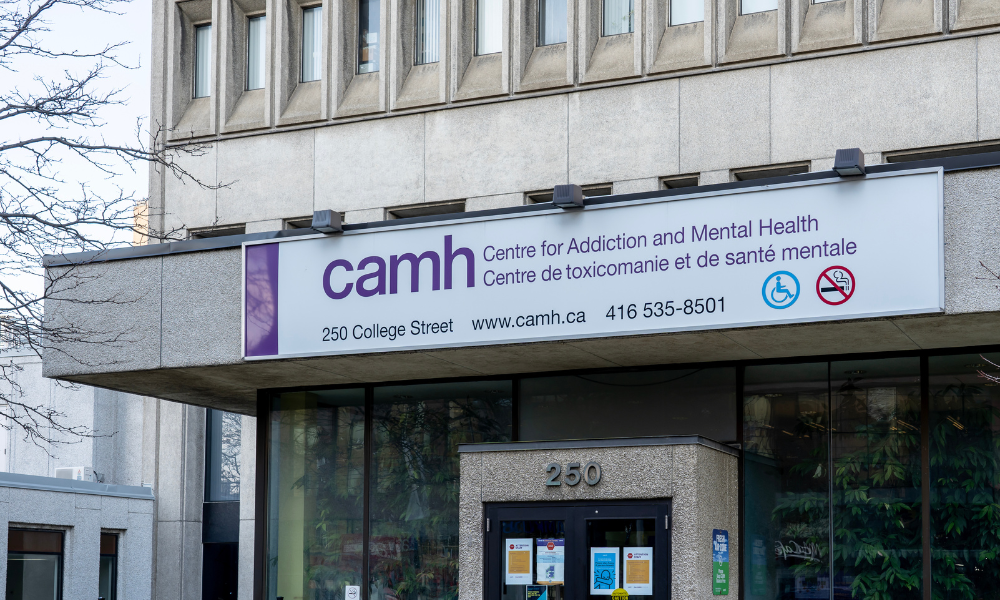'All in-scope OPS must comply with all applicable occupational health and safety regulations and requirements'

The British Columbia government has introduced new minimum standards for overdose prevention services aimed at enhancing safety, improving service consistency, and increasing oversight for clients, staff, and the broader community.
The new standards provide a provincewide framework for how overdose prevention services should be delivered. According to the B.C. Ministry of Health, the goal is to better integrate these services into the health-care system while ensuring quality, accessibility, and cultural safety. The standards are expected to support existing facilities—many of which already meet or exceed these requirements—and guide the development of new ones.
The OPS Minimum Service Standards states that “all in-scope OPS must comply with all applicable occupational health and safety regulations and requirements,” and that providers must:
- Take all reasonable measures to ensure the health and safety of workers, clients, and other persons present at the OPS;
- Identify and ensure that workers are made aware of all known or reasonably foreseeable health and/or safety hazards;
- Develop, implement, and train workers in safe work procedures;
- Take measures to reduce potential exposure to unregulated substances for bystanders; and
- Ensure that workers have access to all necessary personal protective equipment (PPE), as determined by the health authority and by occupational health and safety requirements.
“Every life lost to the toxic-drug crisis is someone’s brother, sister, parent, or child, and every loss is a tragedy we cannot afford to ignore,” said Josie Osborne, Minister of Health. “Overdose prevention services are critical in saving thousands of lives, connecting people to treatment and reducing public drug use.”
Overdose prevention services provide supervised substance use and rapid intervention in the event of drug poisoning. They are designed to reduce the risk of overdose and connect people with health and social supports. According to the province, these services have been accessed more than 5.6 million times since January 2017 and are estimated to have prevented more than 12,400 overdose deaths since 2019.
As Canada continues to deal with the opioid epidemic, the number of Canadians who have died due to accidental drug poisoning has soared over the past two decades, according to a previous report from Statistics Canada (StatCan).
Guidance for health authorities
The standards also include updated guidance for regional health authorities and Providence Health Care on the provincial approval process for establishing new overdose prevention services at hospital sites. The use of illicit drugs remains prohibited in hospital spaces outside of designated overdose prevention service areas, as well as in public spaces.
Health-care professionals in emergency departments have reported benefits from integrating overdose prevention services into their settings. At Surrey Memorial Hospital, nurse co-ordinator Sarah Hyatt said the presence of these services has allowed staff to build stronger relationships with patients and gain valuable knowledge about substance use.
The services are also considered a first point of access to treatment for many people who use drugs. They promote safer substance-use practices and provide a supervised alternative to using in public, thereby reducing risks to the wider community, including the potential for second-hand exposure.
The new framework is part of the provincial government’s broader response to the ongoing toxic-drug crisis and its efforts to strengthen the continuum of mental health and substance use care in British Columbia.
“Our data shows that between 2018 and 2022, at least 1,024 potential deaths among First Nations people were averted due to evidence-informed, harm-reduction efforts across B.C.,” said Dr. Nel Wieman, Chief Medical Officer with the First Nations Health Authority. “The ministry’s efforts to strengthen and expand culturally safe access to overdose prevention services will save lives.”
The new standards do not apply to federally regulated supervised consumption sites, which require separate legal exemptions under federal legislation. Overdose prevention services in B.C. operate under Ministerial Order 488/2016, which allows regional health authorities and BC Emergency Health Services to establish sites wherever there is a demonstrated need.





